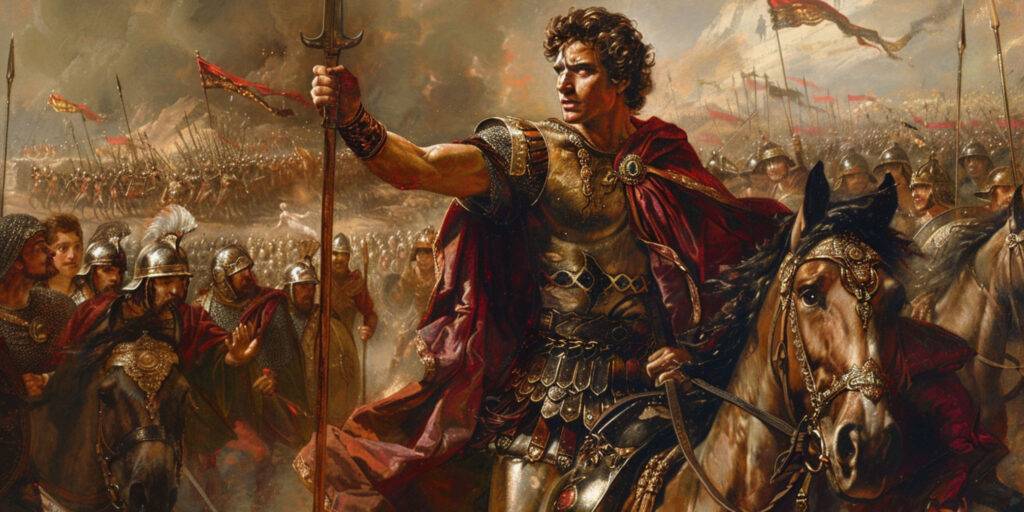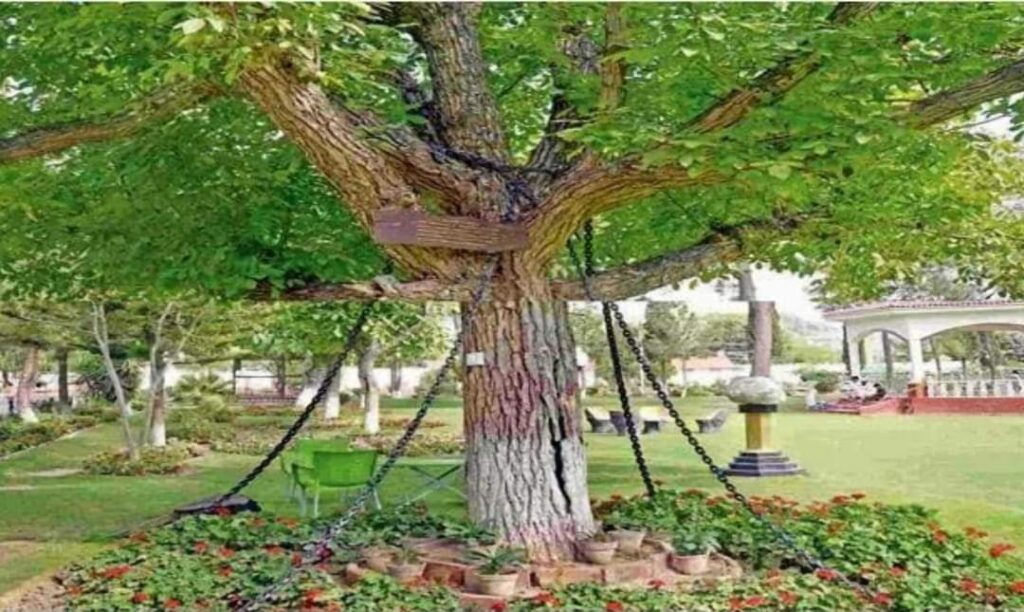
Alexander the Great and His Last Three Wishes
Alexander the Great (July 356 BC – June 323 BC).
On his death bed, Alexander the Great summoned his generals and told them his three ultimate wishes:
The best doctors should carry his coffin; The wealth he has accumulated (money, gold, precious stones etc.) should be scattered along the procession to the cemetery; and His hands should be let loose, hanging outside the coffin for all to see!
One of his generals, who was surprised by these unusual requests, asked Alexander to explain.
Here is what Alexander the Great had to say:
1. I want the best doctors to carry my coffin to demonstrate that, in the face of death, even the best doctors in the world have no power to heal.
2. I want the road to be covered with my treasure so that everybody sees that material wealth acquired on earth, stays on earth.
3. I want my hands to swing in the wind, so that people understand that we come to this world empty handed and we leave this world empty handed after the most precious treasure of all is exhausted, and that is TIME.
4. We do not take to our grave any material wealth, although our good deeds can be our travelers’ cheques. TIME is our most precious treasure because it is LIMITED. We can produce more wealth, but we cannot produce more time.
5. When we give someone our time, we actually give a portion of our life that we will never take back. Our time is our life!
6. So my dear, the best present that you can give to your family and friends, is your TIME. May God grant you plenty of TIME and may you have the wisdom to give it away so that you can LIVE, LOVE and DIE in peace.
November 6th, 2024
British Army Officer Arrests Tree in 1898

In Peshawar, Pakistan there is a tree chained to the ground – arrested. There is a sign hanging from the branches reading, in part: ‘I’m under arrest.’ Yes, this is true and not a gag from ‘It Ain’t Half Hot Mum.’
In 1898, a drunk British officer named James Squid ordered his men to arrest the tree because he thought it was lurching at him and trying to evade capture. Since then, the tree has remained in metal chains. It is a popular tourist attraction now, amusing many who see it.
However, the local tribes who live there have a different view on it. Some see it as a symbol of British oppression of that era, parable for the Frontier Crimes Regulations, a set of harsh colonial-era laws that were enforced in the tribal areas of what is now northwest Pakistan (NWFP).
